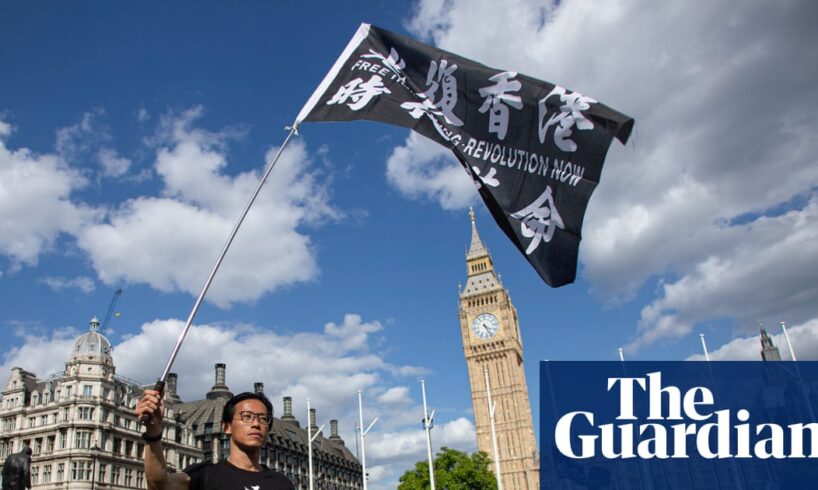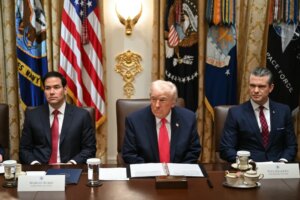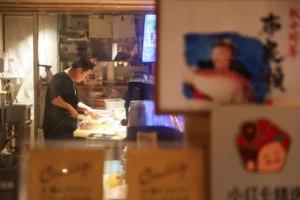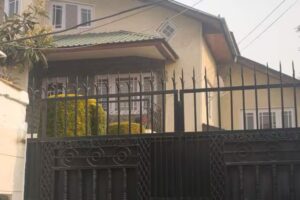
Hong Kong’s national security police have issued arrest warrants for 19 activists based overseas, accusing them of subversion under a stringent national security law, marking the largest such tally yet.
They are accused of organising or participating in the Hong Kong Parliament, a pro-democracy group that authorities in the Asian financial hub say intended to subvert state power, under the law Beijing imposed in 2020 after months of pro-democracy protests in 2019.
The activists are accused of having launched a referendum or run as candidates in the unofficial Hong Kong Parliament group, which authorities say aims to achieve self-determination and draft a Hong Kong constitution.
Police said the organisation sought to overthrow the governments of China and Hong Kong by unlawful means, and that further arrests may follow.
Among those named are the businessman Elmer Yuen, the commentator Victor Ho, and the activists Johnny Fok and Tony Choi. Four of them are subject to previous arrest warrants, each carrying a reward of 1m Hong Kong dollars (£95,000).
Elmer Yuen shows his Hong Kong passport during an interview in Vancouver in 2023. Photograph: Canadian Press/Shutterstock
Among the remaining 15, for each of whom police are offering a reward of 200,000 Hong Kong dollars, are those said to have organised or run in the election and been sworn in as its councillors.
Feng Chongyi, a China studies professor at the University of Technology Sydney who was also listed, decried the bounty against him as “ridiculous”.
“They’ve got the power, they’ve got the influence overseas, they want to control everything even overseas,” he told the Sydney Morning Herald.
The UK’s foreign and home secretaries condemned the move in a joint statement, calling the arrests “another example of transnational repression” and saying it damages Hong Kong’s international reputation.
“[The UK] will not tolerate attempts by foreign governments to coerce, intimidate, harass or harm their critics overseas,” they said in a statement on Friday.
In response, the Chinese embassy in the UK said the British government’s remarks “constitute a gross interference” in China’s internal affairs and the rule of law in Hong Kong.
“China urges the UK to abandon its colonial mentality, stop interfering in Hong Kong affairs … stop shielding criminals,” it said.
Australia’s foreign minister, Penny Wong, also strongly objected to the arrest warrants. “Freedom of expression and assembly are essential to our democracy,” she said on X.
“We have consistently expressed our strong objections to China and Hong Kong on the broad and extraterritorial application of Hong Kong’s national security legislation, and we will continue to do so.”
The former British colony returned to Chinese rule in 1997 with the guarantee of a high degree of autonomy, including freedom of speech, under a “one country, two systems” formula.
Critics of the national security law say government are using it to stifle dissent. Chinese and Hong Kong authorities have repeatedly said the law was vital to restore stability after the city was rocked for months by sometimes violent anti-government and anti-China protests in 2019.
Police reiterated that national security offences were serious crimes with extraterritorial reach and urged the wanted individuals to return to Hong Kong and surrender.
“If offenders voluntarily give up continuing to violate the crime, turn themselves in, truthfully confess their crimes, or provide key information that helps solve other cases, they may be eligible for reduced punishment,” they said in a statement.
Police also said that aiding, abetting, or funding others to participate in the Hong Kong Parliament group could be a criminal offence.





